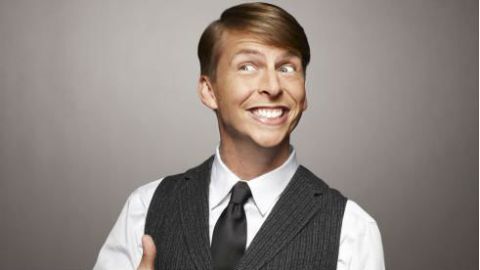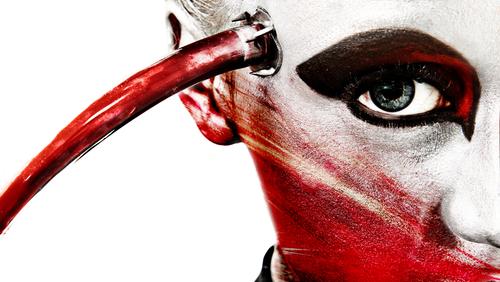How to Be An Awesome Underling

What’s the Big Idea?
In 1990, Kate O’Connor was the aide for the lieutenant governor of a small, largely inconsequential New England state. Fourteen years later, when Howard Dean became a clear front runner for the 2004 Democratic presidential nomination, that job — her first — suddenly took on a new significance.
O’Connor was the first person with whom Dean discussed his presidential ambitions. “If I didn’t know him, I probably would have assumed that he was either joking or delusional. After all, Howard run for president of the United States? But I did know him and no matter how absurd the idea may have sounded, I knew he was serious,” O’Connor writes in her new book, Do The Impossible.
She was there by his side at every late-night Mexican dinner, keeping copies of his schedule, and chronicling the day-to-day activities of the campaign in a journal. There was no learning curve: inexperience wasn’t an excuse at this level of politics. Every action they took had consequences. “We were clueless, which I think helped us keep going,” O’Connor said alongside Dean in a recent interview in a Vermont bookstore. “We just kept moving forward no matter what,” Dean added.
Watch our interview with Kate O’Connor:
“You know, we started from nothing, and a lot of people came to our campaign when we had nothing, and it was a switch for them to go from nothing to $48 million in the bank and Howard’s photos on Time Magazine,” O’Connor explained in a recent interview with Big Think. “And when you see anybody’s photo on Time Magazine, you think, ‘Hey, this person is great. They stand for this, that, and the other thing. And they have no flaws.’ And I think a lot of people thought Howard had no flaws. But as someone who had known him for 12 years, I knew he had flaws.”
That was an important realization, she says. Many of us walk into a new situation, whether it’s a first job or an internship or even a volunteer experience, without an understanding of our own vulnerabilities and the vulnerabilities of our superiors. But you are human, and so is your boss. Keep everything in perspective, says O’Connor. “Recognize that you might be disappointed, but recognize that it’s not the end of the world. You can move forward and you can make change or you can build a business. I think that was – it was hard for us to do when you go from zero to 100, but to me it’s really keeping it in perspective.”
What’s the Significance?
Today, O’Connor’s career in local Vermont politics continues unabated: she currently serves as treasurer on Gov. Peter Shumlin’s re-election campaign. What insight did she gain from her insider’s perspective on the unlikeliest grassroots campaign of the modern era?
“The advice I would give to young people who are just starting out, whether it’s in politics or in business and they’re working for somebody else,” she says, “I really think you have to take a deep breath, take a step back, not assume that you know everything right from the beginning.” It’s one of the most important lessons campaign staffers learned, she says. She watched many new people come into the campaign with a preconceived idea about who Dean was from television or the newspaper. “That can happen, I think, in any kind of business. If you’re working for Bill Gates, you have a preconceived notion from what you read about him that might not necessarily be true.”
It lead to an infamous amount of in-fighting, which lead to the replacement of the campaign manager towards the end of the campaign. “There were a lot of young people who had come in, and they thought Howard – because Howard made that switch, he wasn’t the person that they thought he was. But he was never that person to begin with. And I think for a lot of people that that’s really an important lesson to learn is not make assumptions, not make assumptions not only about the person but about what the process is.”





